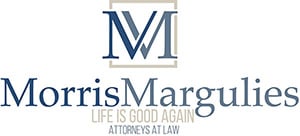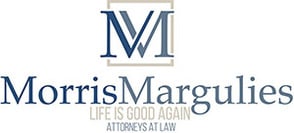Discharging Income Taxes in Bankruptcy
Morris Margulies can assist you with your bankruptcy case in Rockville, Greenbelt, Georges County, MD, or Montgomery County, MD. We will examine the details of your case to determine if you can discharge your previous income tax debt in a bankruptcy proceeding. There are many different conditions that if met, will allow a debtor to discharge their income taxes through bankruptcy.

The Year of Taxes Owed
If the taxes owed are from three years prior to the filing year of when the return was due, you may be able to discharge this debt. For example, if a Chapter 7 case is filed on June 15, 2005 then the taxes that are owed from the years 2001 and back would be discharged if the return was filed by the due date of that fiscal year, which would be April 15, 2002. If you received an extension to file until August then the debt would not be discharged unless the bankruptcy case was filed in September 2005.
If however the return was filed early in February of 2002, then in that case the income tax debt would not be discharged until April 16, 2005. This is because the law states that income tax is discharged once they become due. The stipulations are that you must be the one to have filed the return and it does not qualify if the return was completed on your behalf by the IRS.
The Year of Taxes Filed
The second condition to be met involves the year the taxes were filed. The income tax return must have been filed more than two years before the debtor petitioned for bankruptcy. The date of filing is determined by the date the IRS actually received the return and not the mailing date of the return. When considering a Chapter 13 bankruptcy case, the debt may still be dischargeable even in the event that the return was filed after the date that the bankruptcy was filed.
Assessment of Tax Debt
The State or the IRS must have assessed the income tax debt at least 240 days before the bankruptcy is filed. In the event that an offer in compromise is pending, the 240 day period may be extended, plus 30 days.
No Fraudulence In Income Tax Filing
The final consideration when attempting to discharge an income tax debt is that the return that was filed must not have been fraudulent. There must also be no evidence of a purposeful attempt to evade or circumvent the tax rules and regulations. Examples of willful evasion or tax fraud include the concealment or transferring of valuables and personal assets, concealing or destroying financial documents or the sale of assets to friends or family for less than the full value.
This article is not meant to be taken as legal advisement and is for informational purposes only. To make a determination of the dischargeability of your debt, a consultation with an attorney is necessary. Contact the attorneys of Morris Margulies to discuss discharging your tax debt legally.

